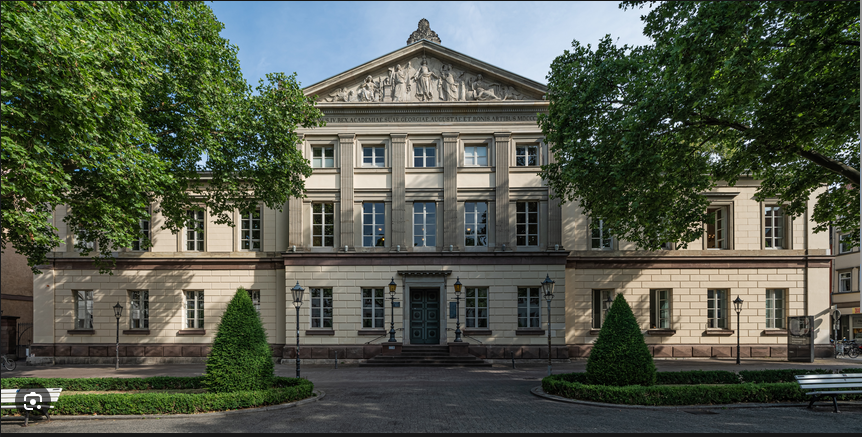Speaker
Description
Keywords
Cocoa, Agroforestry, Sustainable agriculture, Agricultural productivity, Brazil
Introduction
Cocoa is an important agricultural commodity traded globally and with a constantly increasing demand. Cocoa production, however, is confronted with significant environmental and socio-economic challenges in tropical regions, due to its association with deforestation, biodiversity loss and prevailing poverty among farmers. To address these challenges, agroforestry has been proposed as a nature-based solution for promoting sustainability in the cocoa supply chain. However, many farmers are converting their shaded agroforests to more intensively managed systems by reducing the number of shade trees in an effort to secure short‐term income. This ongoing trend of management intensification jeopardizes the biodiversity conservation value of cacao agroforestry systems, while failing to ensure more stable household incomes. Understanding the economic performance of shade-tree management within cocoa agroforestry systems is crucial to address this challenge. While many studies compare cocoa agroforestry systems with monocultures, evidence on the economic effects of shade-tree management within agroforestry systems is lacking.
Objective
This study aims at investigating the economic performance of cocoa agroforestry systems in the region of southern Bahia (Brazil). We will evaluate the impact of shade-tree management in cocoa agroforestry systems on yields, costs and net income, and whether alternative (tree) crops in cocoa agroforestry systems may increase farmers’ income.
Method
Farm-household interviews are conducted among 300 cocoa farmers in February-March 2024 to collect socio-economic data. A quantitative structured questionnaire is used, with modules on farm-household demographics, land use management practices, cocoa production and commercialisation, other crops, other income sources, cooperative membership and certification, and biodiversity. Additionally, GPS coordinates and shade-tree density are measured at farm level, which allows merging survey data with available GIS data on climate, land cover and topography, and for ground-truthing of farmers’ assessment of shade tree density. Instrumental variable models (IV), using distance between the farm and the forest as IV, will be used to assess the impact of shade-tree density on cocoa yield, costs related to inputs, capital and labor, net cocoa income, income from other crop-produce and total household income.
Findings
Preliminary findings suggest that a lower shade-tree density in cocoa farming is likely to result in higher cocoa yields and gross revenues. However, it also leads to higher input expenses and less diversification in income sources, making farmers less resilient. Associated products from agroforestry systems do not directly translate into higher household income but positively contribute to farmers' livelihoods through self-consumption.
Conclusion
The research findings highlight the trade-offs between shade-tree management, cocoa revenue and income diversification in cocoa agroforestry systems and contribute to a comprehensive understanding of the challenges associated with intensified shade-tree management in cocoa agroforestry systems. Furthermore, the results highlight the importance of implementing strategies that promote income diversification to strengthen the resilience of cocoa farmers. This comprehensive study sheds light on the multifaceted aspects of shade-tree management, offering insights for cocoa sustainability efforts, with relevance not only to the local region but also other cocoa-producing regions.

